The Fear and Joy of Writing on Proposal
 Most new authors, whether searching for agent rep or a publishing contract, will need to complete a manuscript, polish it up, and then hope and pray the concept is one that will pique interest, that the writing and voice will connect, and that story will ultimately satisfy. It’s a leap of faith and a lot of work with the risk that in the end, the manuscript will end up rejected and the author will need to start writing a new book.
Most new authors, whether searching for agent rep or a publishing contract, will need to complete a manuscript, polish it up, and then hope and pray the concept is one that will pique interest, that the writing and voice will connect, and that story will ultimately satisfy. It’s a leap of faith and a lot of work with the risk that in the end, the manuscript will end up rejected and the author will need to start writing a new book.
For this reason, we’re told to “always be writing” so that when one project falters, we move on with the next manuscript, and the cycle continues. The upside to selling a fully finished book is that when your book does find an agent or a publishing house, you’ve done the hard work, and barring some major revisions, you no longer need worry about anything other than sending your baby into the world. Furthermore, having more than one finished book under your belt can make the multi-book deal and option clause easier to navigate.
Once an author establishes a relationship with a publishing house, the time will come when this model flips upside down, and rather than sell something you’ve already written, you’ll sell the premise for a new book. When you sell on proposal, you sign the contract before you write the book. This way of writing may be new to a lot of authors, and it comes with some joys and some fears.
The benefits to selling on proposal are obvious. You don’t have the uncertainty that comes with drafting in the dark. Assuming the author doesn’t fail to deliver, the book is contracted and enters the publishing pipeline. The author doesn’t have to spend months querying it or waiting for it to go on submission to publishing houses. It will be a book. It has a release date. Knowing there’s a publisher waiting for your words can be freeing.
It can also be terrifying, as you are cognizant throughout the drafting period that your words will be published. That knowledge can add an additional editorial mental block. There’s a reason many authors, faced with writing their second book on proposal and under contract, refer to their struggles as “second book blues.” For authors who aren’t used to plotting a book out in advance, turning in a synopsis before drafting will force them to flex a new muscle. And while writing a book for fun gives an author a creative license, contracted authors might feel constrained when writing under a deadline. An author will still have some flexibility, and no editor expects a book to hue perfectly with the proposal or the synopsis the author will provide, but the author also can’t abandon the idea if it isn’t working.
I’ve been through the proposal process with my editor three times now. I had a two-book deal to start out. Once my debut was delivered and deemed acceptable, I sent over a proposal for my second book, which, thankfully, I’d already written, and which, thankfully, my editor accepted. Because that book only needed some revision, I skipped the ordeal of the “second book blues.”
However, when my option clause kicked in, my luck ran out. Despite having several finished books on hand, none of the ideas for these already written manuscripts appealed to my editor. I dug into my imagination box and pitched everything I had until we landed on a premise we both agreed on. So it was my third book that truly sold on proposal. I’m currently working on my fourth book sold on proposal which, once again, took some brainstorming with my editor until we found a concept that we were both happy with.
Now, about those option books my editor rejected. I absolutely don’t think it was a waste of time to have written them—for a number of reasons. Obviously, my agent can still try to sell those to another publishing house, or I could self publish them, so they aren’t dead. And writing them gave me the practice and discipline to draft and revise a book in about the time I currently have contracted to write a book. I believe it’s easier to stave off those “second book blues” if you have the confidence of experience behind you to know you’re capable of finishing another book.
So while I don’t think an author needs to write every single day or literally “always be writing,” if you want to make a career out of this, once you’ve put one book to bed, you should start the next one. Take a month off to read or relax, but keep exercising those writer muscles. Even if the book you’re writing doesn’t sell, it might become the second book on a two-book deal, or an option book, or it might just be experience that propels you to nail that first book you write on proposal.
—
MARY ANN MARLOWE is the author of SOME KIND OF MAGIC and A CRAZY KIND OF LOVE, winner of the 2018 RWA Golden Quill Award and the 2018 RWA Aspen Gold Readers Choice Award for Contemporary Romance. Mary Ann lives in central Virginia where she works as a computer programmer/DBA. She spent ten years as a university-level French professor, and her resume includes stints as an au pair in Calais, a hotel intern in Paris, a German tutor, a college radio disc jockey, and a webmaster for several online musician fandoms. She has lived in twelve states and three countries and loves to travel. Her third novel, DATING BY THE BOOK, is available for pre-order. She is currently in the drafting cave, writing book #4 on–on proposal.
About A CRAZY KIND OF LOVE
 In this irresistible new novel by Mary Ann Marlowe, one woman’s up-close and sexy encounter with a tabloid sensation reveals the dizzying–and delicious–dilemma of dating in the spotlight . . .
In this irresistible new novel by Mary Ann Marlowe, one woman’s up-close and sexy encounter with a tabloid sensation reveals the dizzying–and delicious–dilemma of dating in the spotlight . . .
Celebrities hold zero interest for photographer Jo Wilder. That’s a problem, since snapping pics of the stars is how the pretty paparazza pays the rent. So when Jo attempts to catch a money shot atop the broad shoulders of a helpful bystander, the only thing she notices about the stranger she straddles is that he’s seriously hot. Only later does Jo learn that he’s also Micah Sinclair–one of rock’s notorious bad boys…
Soon Jo is on the verge of getting fired for missing a Micah Sinclair exclusive. Until she’s suddenly being pursued by the heartthrob himself. But how can she be sure the musician’s mind-blowing kisses are the real deal? Her colleagues claim he’s a media whore, gambling on some free PR. But something has Jo hoping Micah’s feeling the same powerful pull that she does. A pull so strong, she can’t resist becoming his latest love, even if it means she might become the media’s latest victim . . .
“Heartfelt, flirty and full of sizzle, this romance between a charming rock star and a half-hearted paparazza is the perfect romantic comedy.”
–RT Book Reviews
“Another sizzling, glitterati-filled story.”
–Booklist
“If you like wonderfully written, light, fast paced, swoon worthy moments, and chemistry so strong it jumps off the page, then this is the book for you.”
–Wit & Wonder Books
Praise for Mary Ann Marlowe’s Some Kind of Magic
“Marlowe makes a name for herself in this hilarious and sexy debut.”
–Booklist
“Frisky, Flirty Fun!”
-Stephanie Evanovich, New York Times bestselling author of The Total Package
Category: Contemporary Women Writers, How To and Tips




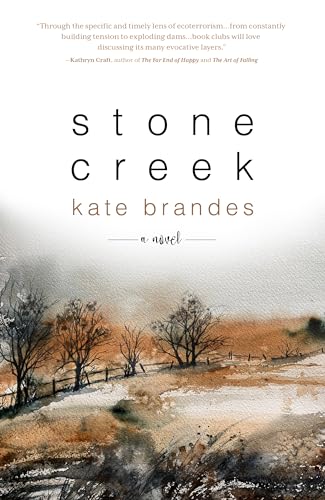
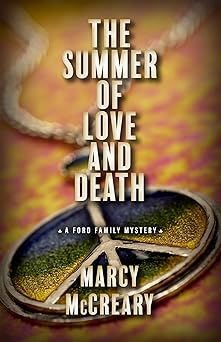
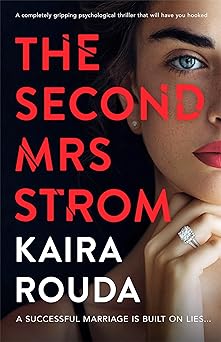
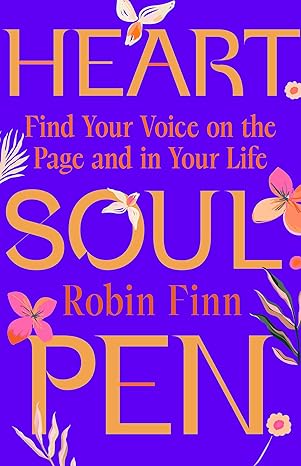


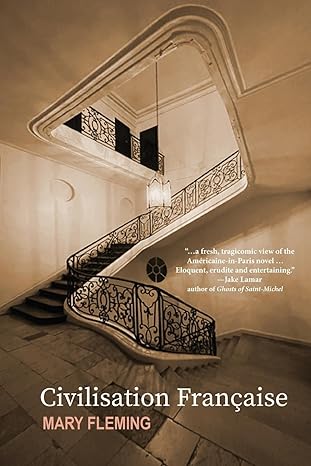
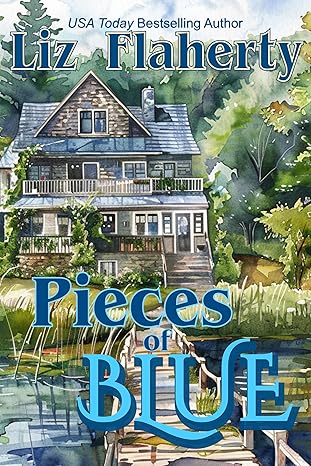
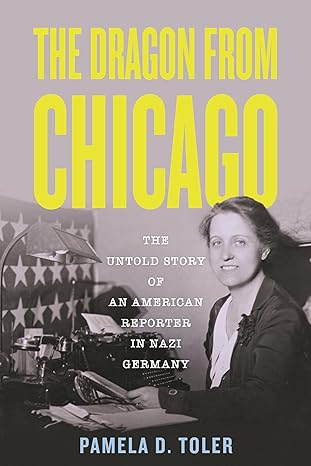
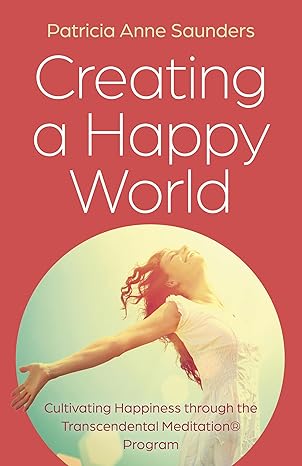
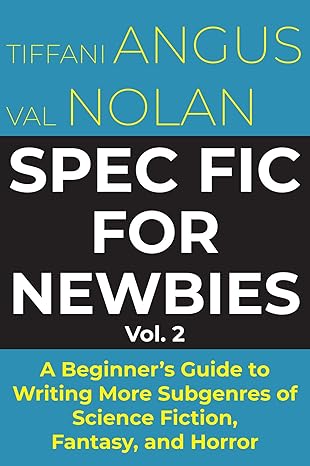
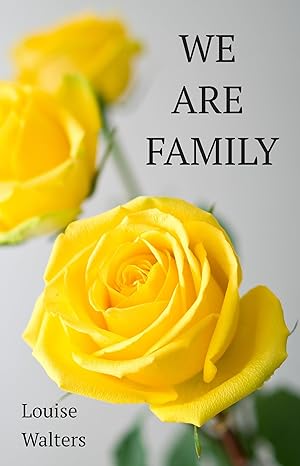
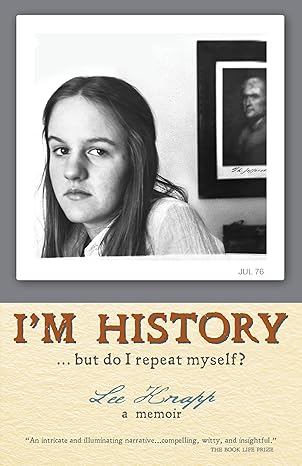
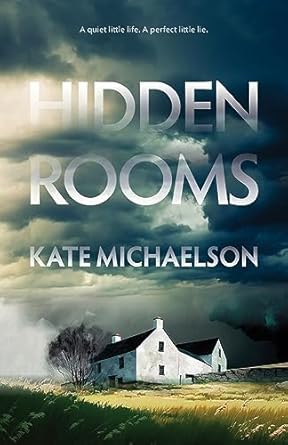
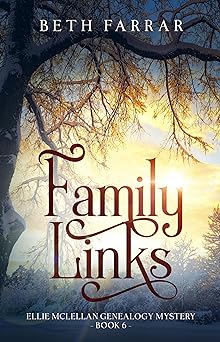
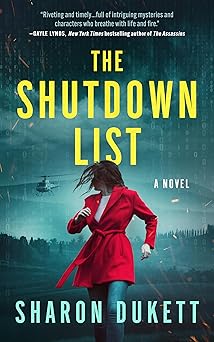
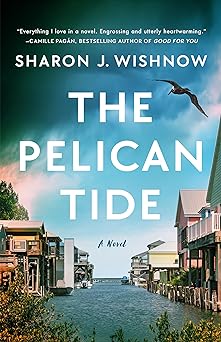
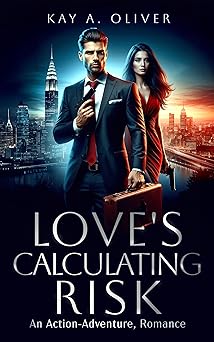
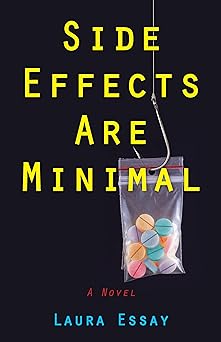
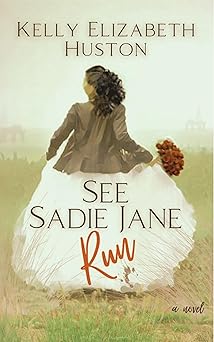
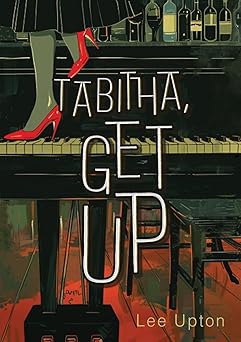

Great article and timely for me as my first 2-book contract is a wrap and I’m shaping the idea for the next story. Thank you!
Congrats Eldonna! Good luck with book #2!